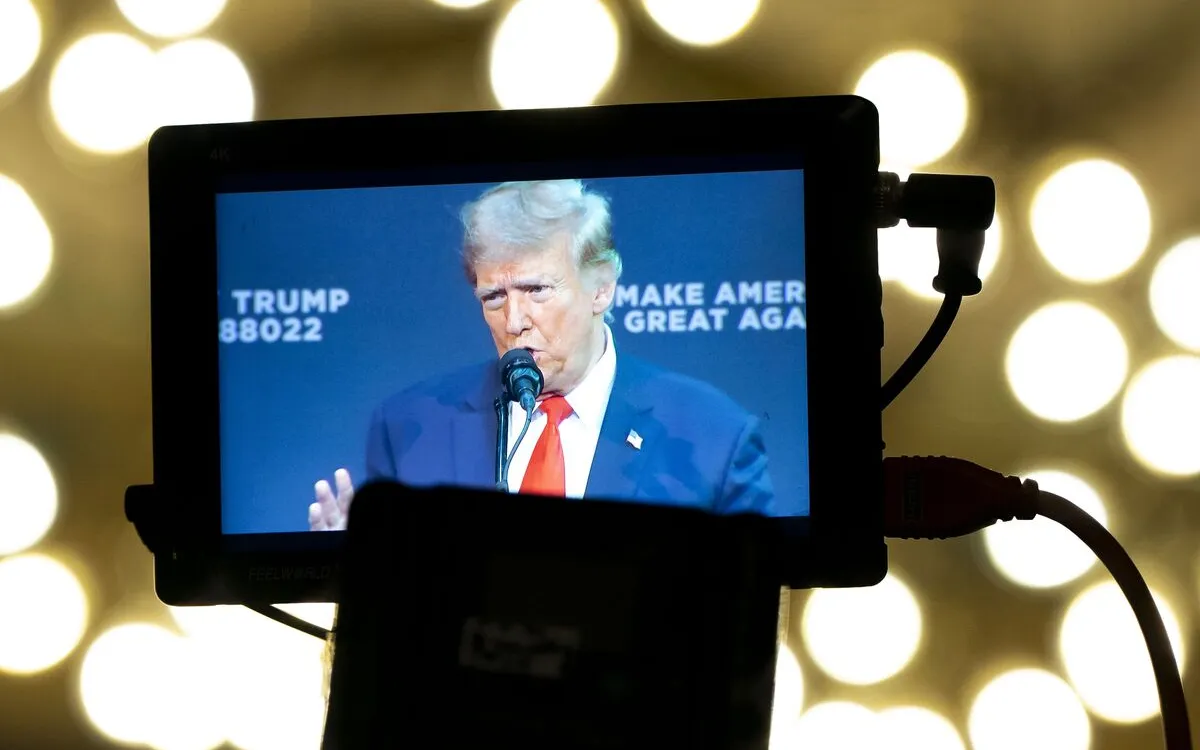
In a recent post on Truth Social, US President Donald Trump expressed his discontent with major news networks, specifically targeting NBC and ABC. He referred to these networks as “two of the worst and most biased networks in history” and suggested that he would support the Federal Communications Commission (FCC) in potentially revoking their licenses for broadcasting.
Trump's criticism of the media is not new, but his latest remarks reflect a deep frustration with how he believes these networks portray his presidency. In his statement, he claimed that these networks provide him with “97% BAD STORIES,” despite what he describes as a period of high popularity and significant achievements during his presidency. He characterized the last eight months as “among the greatest 8 months in Presidential History,” highlighting his belief that the media fails to accurately reflect his administration's successes.
This ongoing feud between Trump and the media underscores a broader conversation about media bias and its influence on public perception. Many supporters of Trump echo his sentiments, believing that mainstream media outlets often skew their coverage to portray him negatively. This perception of bias raises important questions about the role of journalism in democracy and the responsibility of news organizations to provide balanced reporting.
Trump's threat to support the FCC in revoking licenses could have significant implications for NBC and ABC. If such actions were pursued, it would not only affect the networks’ ability to broadcast but also ignite a national debate about the freedom of the press and the government's role in regulating media outlets. As this situation develops, it remains to be seen how the networks will respond to Trump's allegations and what steps they might take to defend their journalistic integrity.
In conclusion, Trump's ongoing battle with NBC and ABC highlights the contentious relationship between political figures and the media. As the conversation around media bias continues to evolve, it is essential for both the public and media professionals to engage in constructive dialogue about the importance of transparency and accuracy in news reporting.